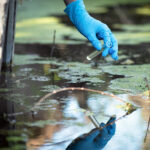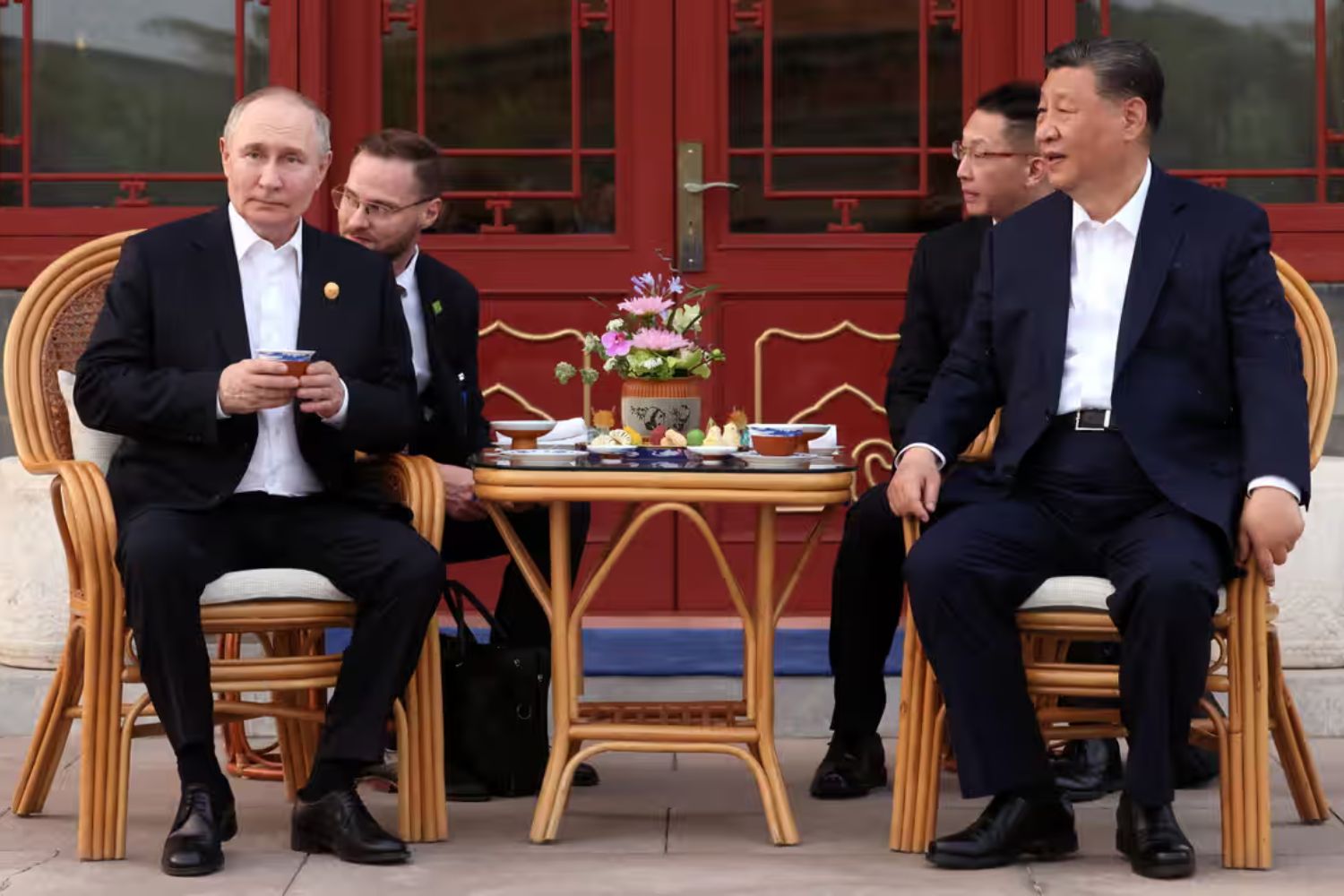As of March 22, 2024, the Russia-Ukraine war continues to escalate, marked by significant events unfolding across the conflict zone. In a startling turn of events, Russia launched a barrage of missiles, including two Kinzhal hypersonic missiles, targeting Kyiv. The attack, the first in the capital in 44 days, resulted in injuries to at least 17 people. However, Ukraine reported a successful interception of all 31 missiles, showcasing the resilience of its air defence systems.
Meanwhile, in Mykolaiv, a Russian missile strike claimed one life and left four individuals wounded, underscoring the ongoing violence and its devastating impact on civilian populations. Additionally, Russia asserted its territorial gains, claiming the capture of the village of Tonenke near Avdiivka, even as the Ukrainian Army General Staff reported repelling multiple Russian army offensives in the Donetsk region.
On the diplomatic front, efforts to mediate the conflict saw Qatar facilitating the release of six Ukrainian children by Russia, offering a glimmer of hope amid the turmoil. However, tensions persist as the US embassy reported the detention of a Wall Street Journal reporter in Moscow, highlighting the risks faced by journalists covering the conflict.
Amidst the military manoeuvring, Russian Defence Minister Sergei Shoigu announced a significant increase in artillery shell production and the mass production of FAB-3000 high-explosive aerial bombs, underscoring Russia’s continued military build-up. Meanwhile, NATO’s Military Committee Chief emphasised the urgent need for aid delivery during the first official NATO military delegation visit to Kyiv since 2022, highlighting the gravity of the humanitarian crisis unfolding in Ukraine.
In a related development, Hungary’s decision not to participate in a Czech-led plan to procure ammunition for Ukraine underscores the complexities of international alliances amid the conflict. However, Poland reaffirmed its commitment to providing crucial financial and logistical support to Ukraine, reflecting solidarity within the European Union.
Moreover, Australia’s announcement of joining an international drone coalition led by the UK and Latvia signals growing international support for Ukraine’s war effort, bolstering its defence capabilities against Russian aggression.
As the conflict rages on, arrests related to alleged terrorist plots and the imprisonment of dissenting voices like poet Alexander Byvshev underscore the broader ramifications of Russia’s invasion, deepening concerns about human rights abuses and the erosion of democratic freedoms in the region.













